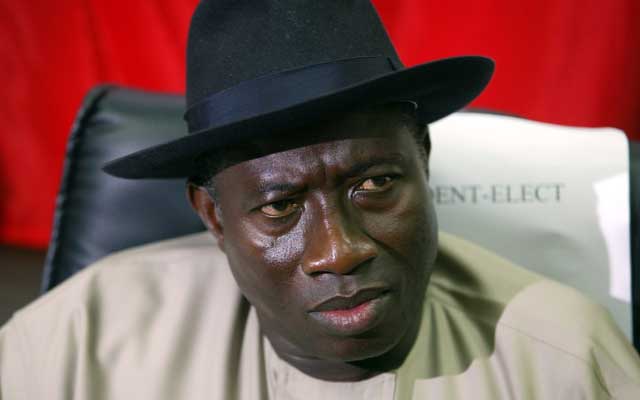An Opportunity for Greater U.S.-Nigeria Ties
Charlotte Florance /
President Obama will meet with the Nigerian President Goodluck Jonathan tonight on the margins of the U.N General Assembly in New York. Counterterrorism and energy security should be at the top of the meeting’s discussion agenda, along with Nigeria’s greater economic integration within West Africa and the continent.
The recent terrorist attack in Kenya highlights the ongoing threat of terrorism in sub-Saharan Africa and the importance for the U.S. to develop and sustain long-lasting counterterrorism partnerships and expose the groups for what they really are.
The likelihood of a Tehrik-i-Taiba (Mumbai) or al-Shabaab (Nairobi) attack in Nigeria’s capital of Abuja is not far from reality. The al-Qaeda-linked terrorist group Boko Haram is very active in northern Nigeria and is increasingly exporting its message and fighters to other countries in the region, such as Cameroon. In 2011, Boko Haram attacked the U.N. headquarters in Nigeria. Even after a strong offensive by the Nigerian military just last week, a firefight broke out in Abuja between Boko Haram and Nigerian security forces.
In meeting with Jonathan, President Obama has an opportunity to reiterate U.S. commitment to Nigeria’s fight against extremism and terrorism. The U.S. should assist Nigeria in its efforts to oppose religious extremism—including strict adherence of Sharia law—and organizations that promote it. President Obama should be proactive and designate Boko Haram as an official terrorist organization to allow the U.S. government the maximum number of tools in the foreign policy toolkit to effectively combat terrorism in the region.
On the economic front, Nigeria is America’s largest trading partner in sub-Saharan Africa, and the U.S. is Nigeria’s largest foreign investor. Nigeria is the largest African exporter of petroleum to the U.S. Economic losses from oil theft and the growing unrest in the Niger Delta could significantly impact U.S. energy security. Poor governance and lawlessness provide fertile recruiting and operating grounds for extremist groups such as Boko Haram and al-Shabaab, which can easily prey on the lack of education and economic opportunities within the region.
President Obama should press President Jonathan to enhance economic freedom in Nigeria, which will enhance and diversify Nigeria’s economy and create greater opportunities for all Nigerians, making them less likely to resort to extremism. In the 2013 edition of The Heritage Foundation/The Wall Street Journal’s Index of Economic Freedom, Nigeria dropped 1.2 points from last year, a worrying indicator that should be reversed.
A greater partnership with Africa starts with reinforcing our existing relationships. Nigeria maintains the largest military in the region and is the economic powerhouse of West Africa. Reinforcing and expanding the U.S.–Nigeria partnership is key to bolstering national security and economic growth both for Americans and for Nigerians.

